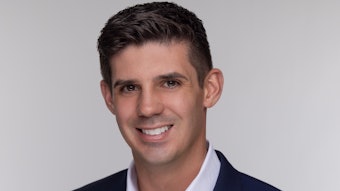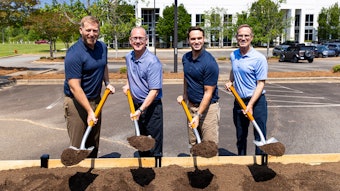John Kenneth Galbraith has referred to economic life as a process of constant adjustment to things that have never happened before. This helps to explain why economic forecasts are often viewed with about the same degree of suspicion as weather forecasts. It also provides us with an inescapable truth, which we should keep clearly in mind in considering the issue to which this symposium is addressed. For the issue of natural vis-a-vis artificial has many aspects--cultural, legal and medical notably—in addition to economic. But of them all, it is the economic aspect which is the most inflexible, which we can least afford to ignore. If you have any doubt of this, think back to the traumatic days of the oil crisis. None of us could avoid the immediate implications of that shortage, and each of us has had to make some adjustments to accommodate the new economics of oil. Even Detroit!
Energy is involved in every step of the modern food chain: farming, fertilizer, processing, transportation, storage and cooking. The real costs of food and energy are inextricably connected and the energy required to deliver each food calorie is increasing in quantity as well as cost.
Nevertheless, I hope to show that, for the food and flavor industries and for consumers in developed countries, the implications of shortages and climatic dependence are by no means all negative.










